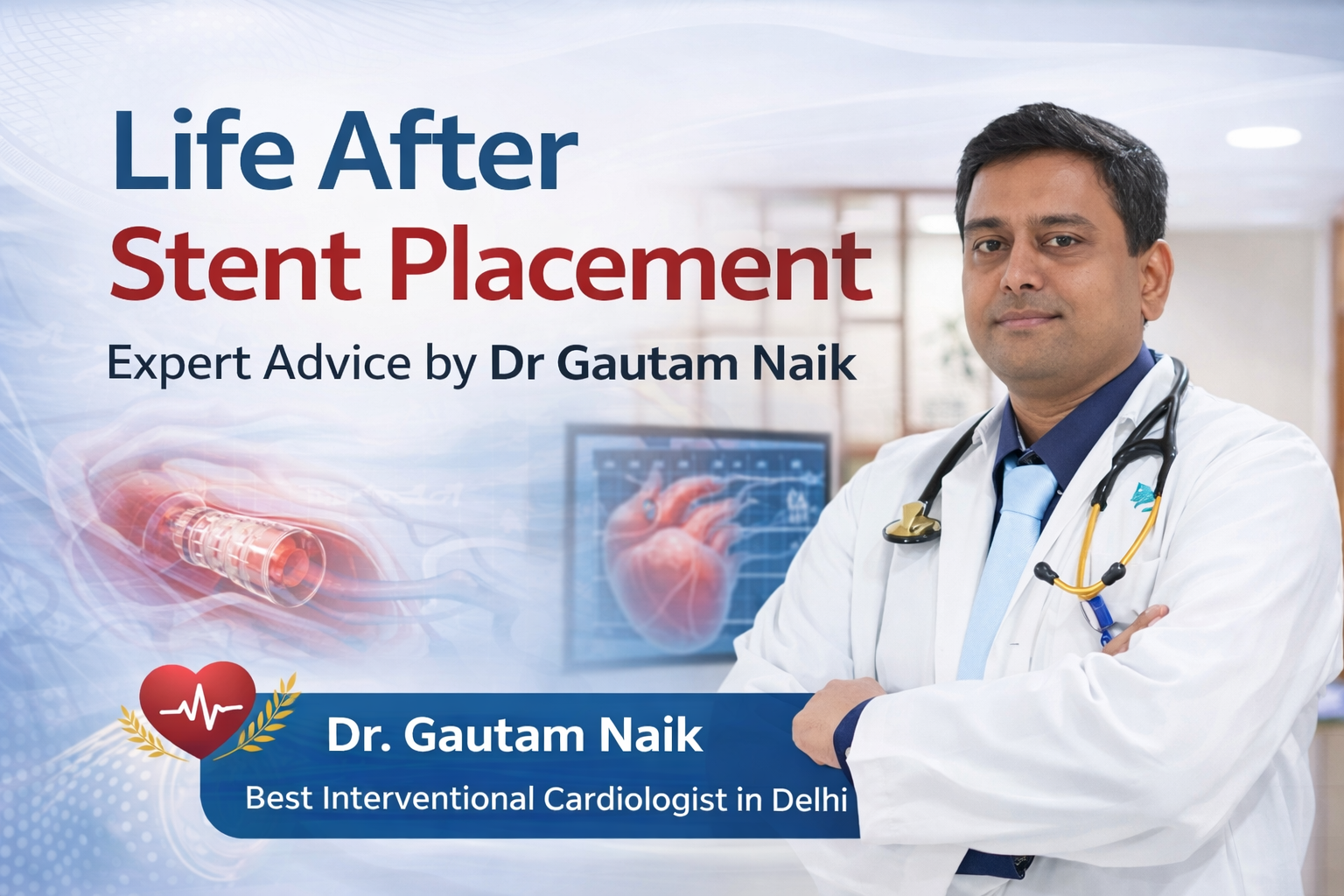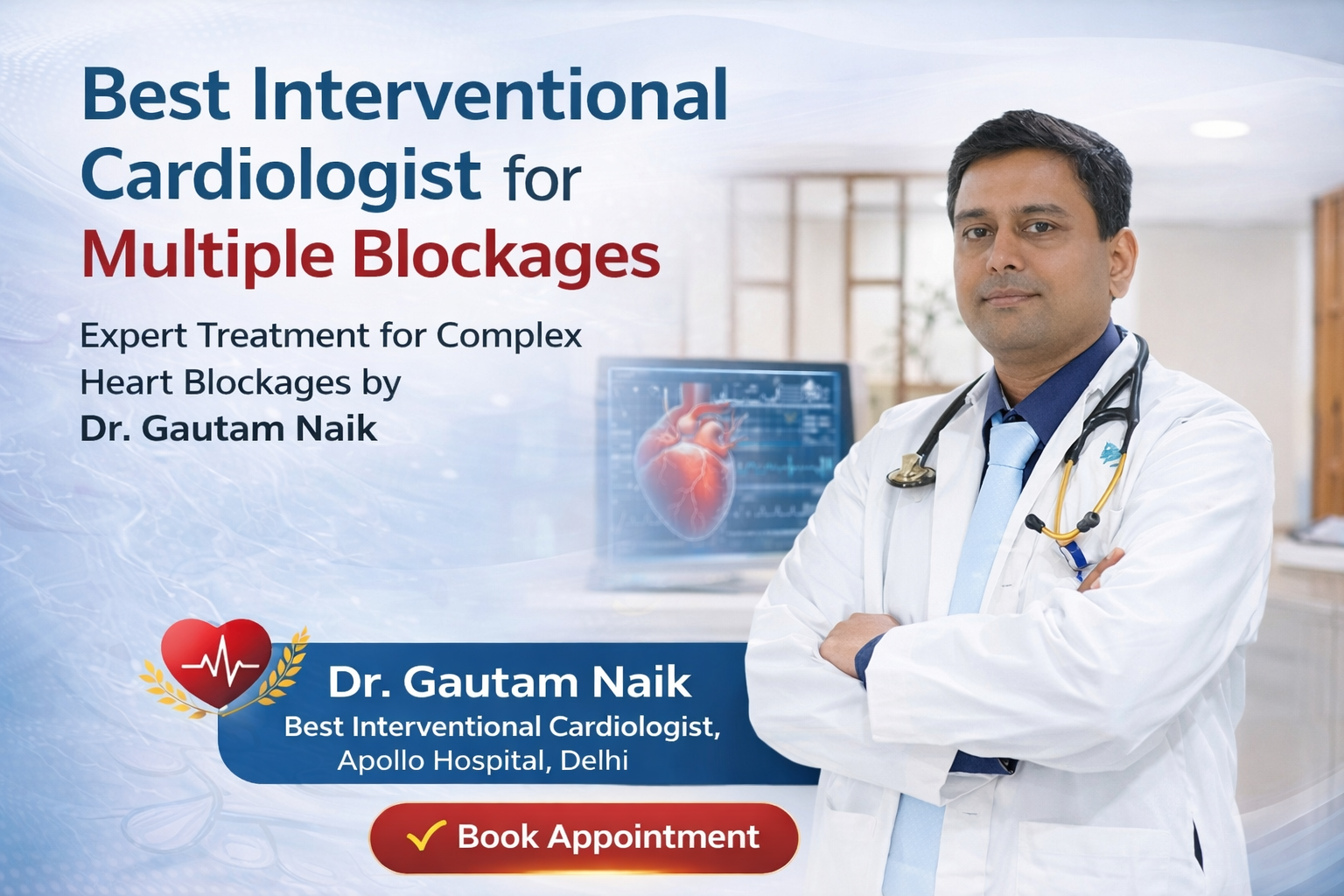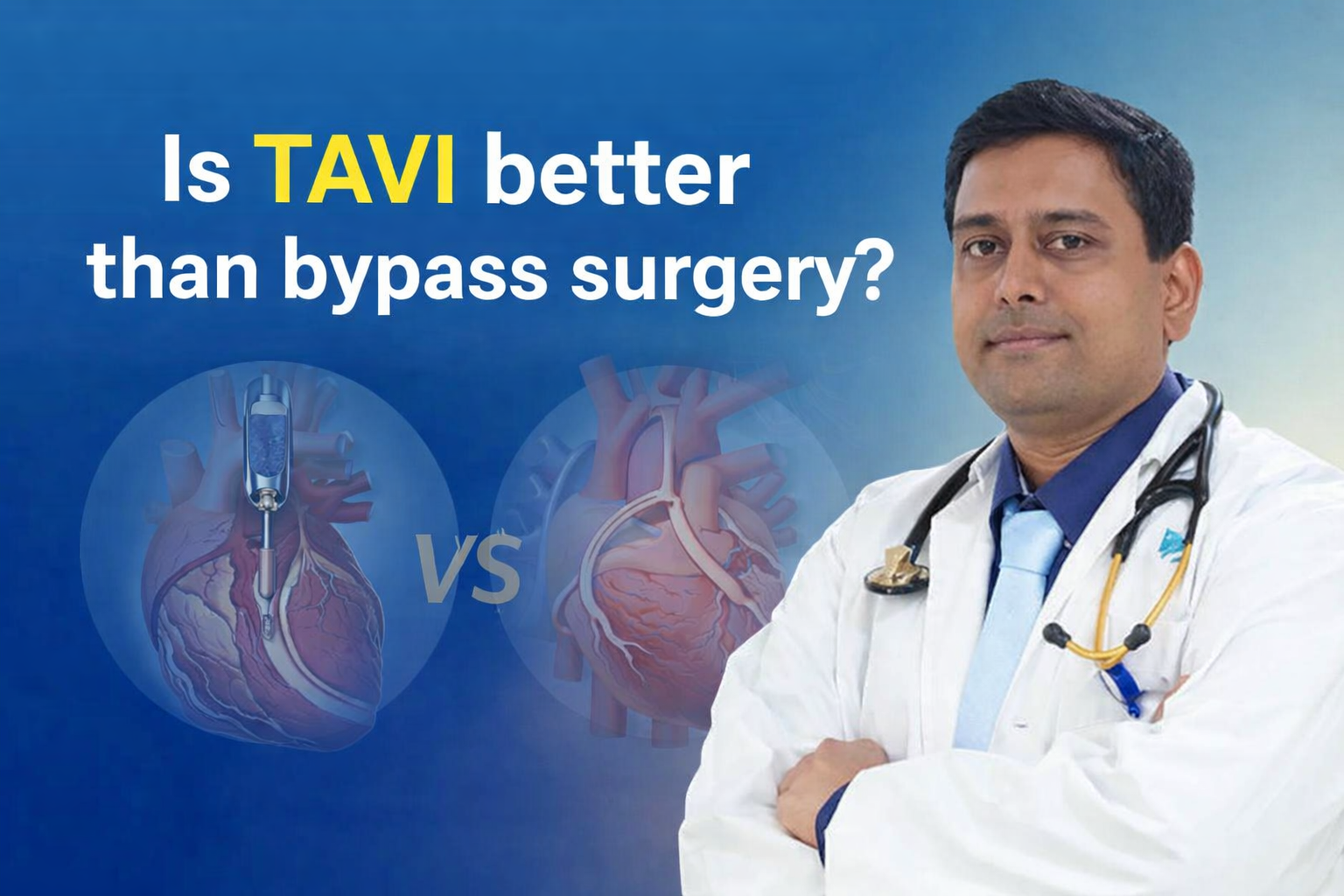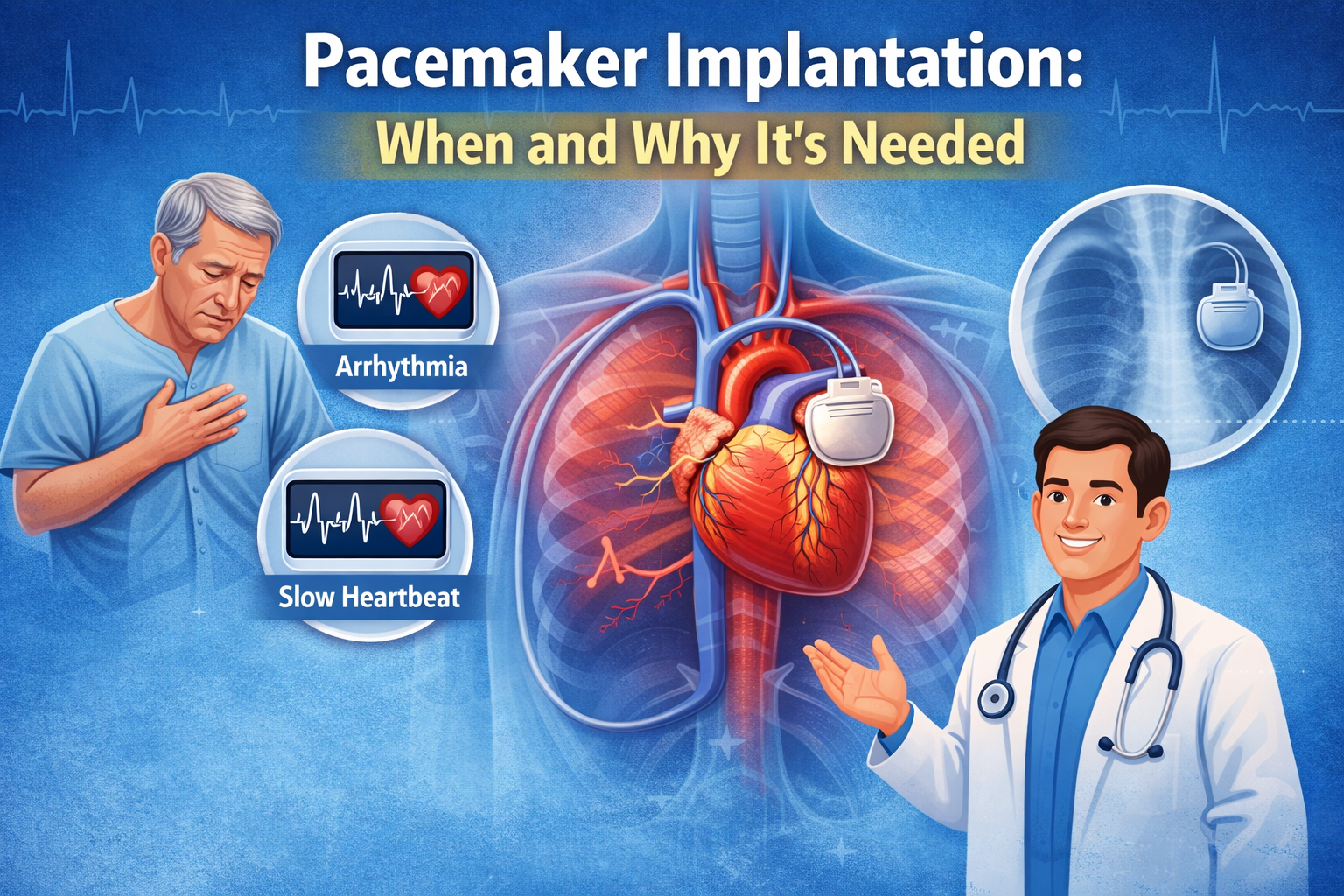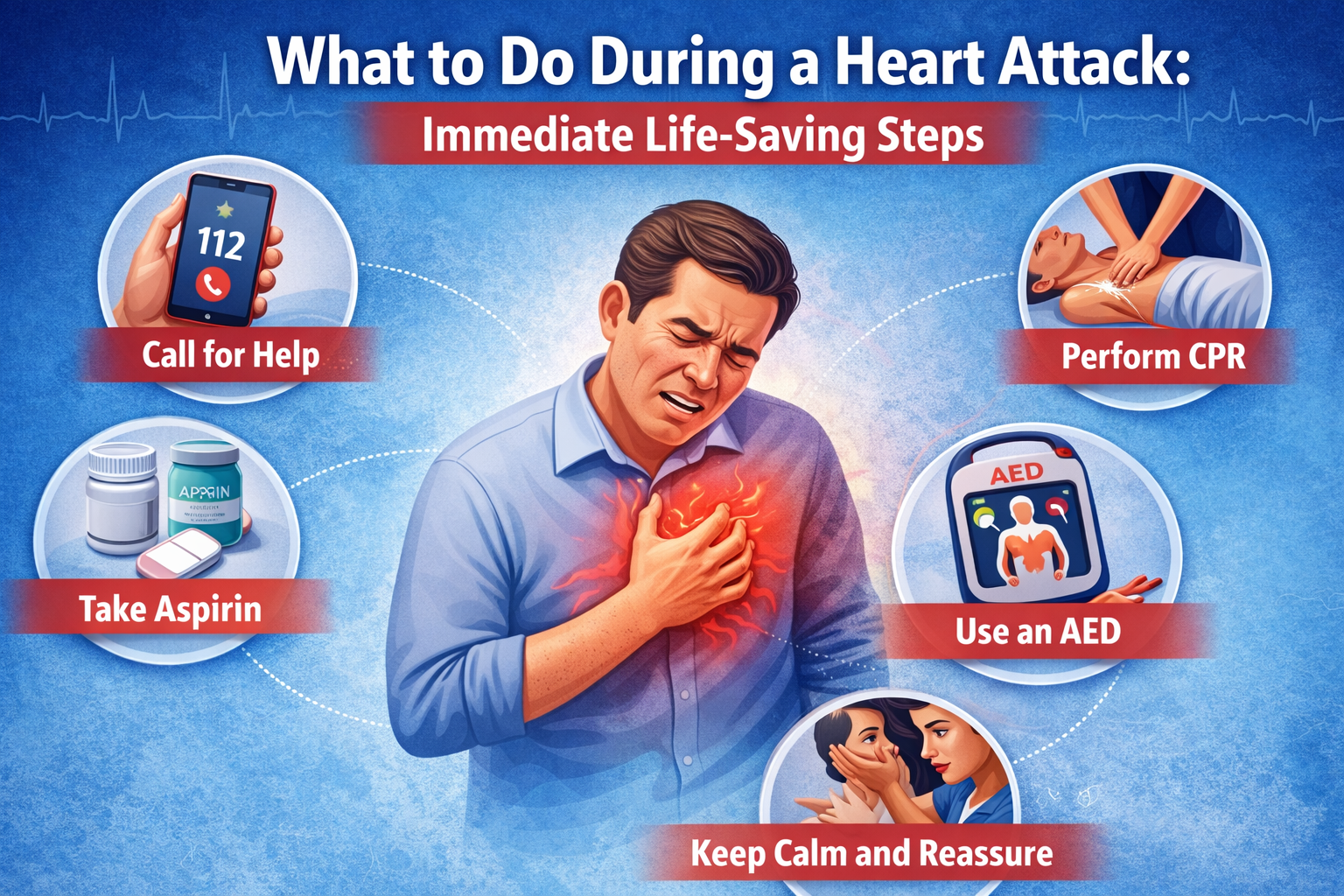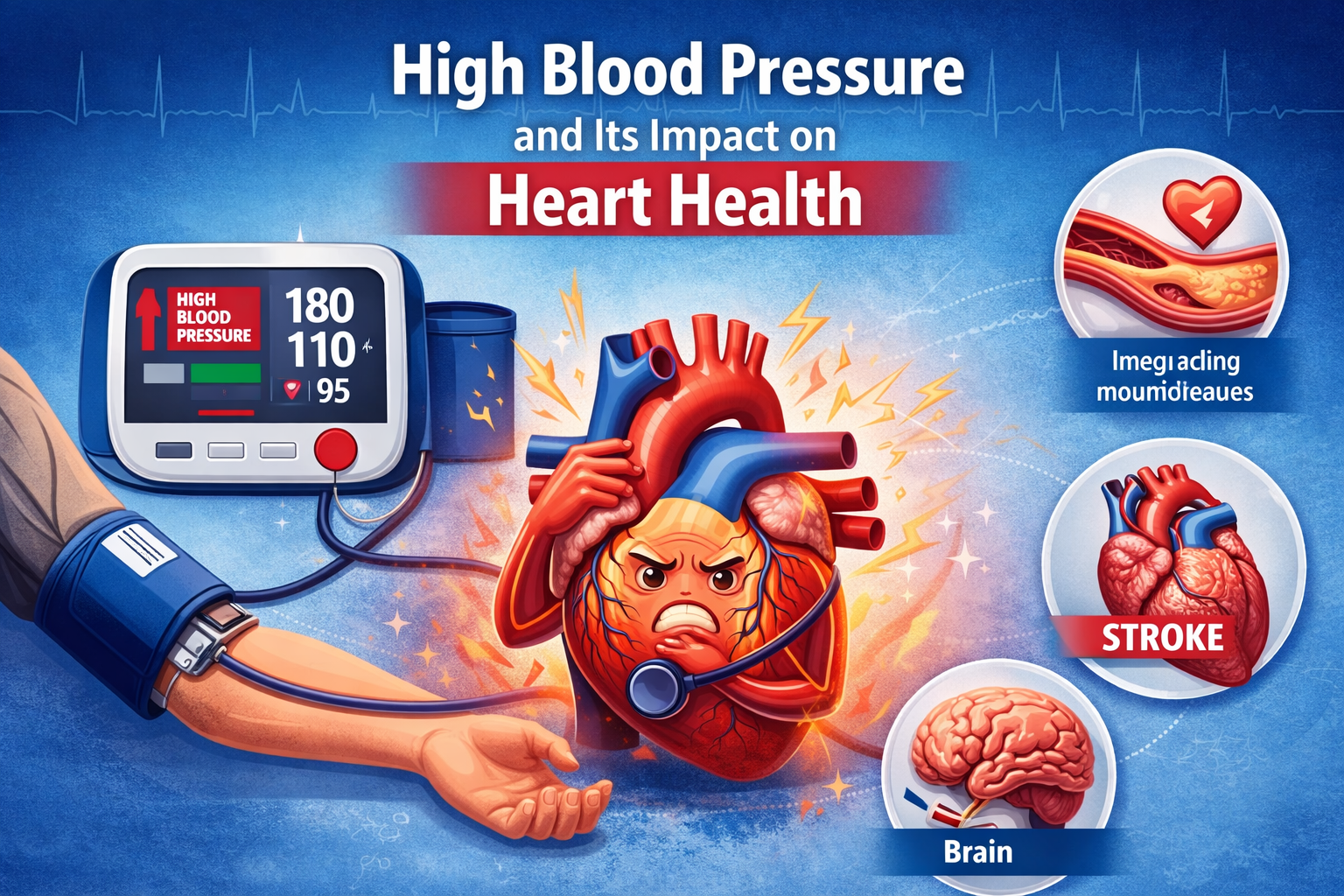Heart Valve Repair or Replacement Surgery: A Lifesaving Procedure
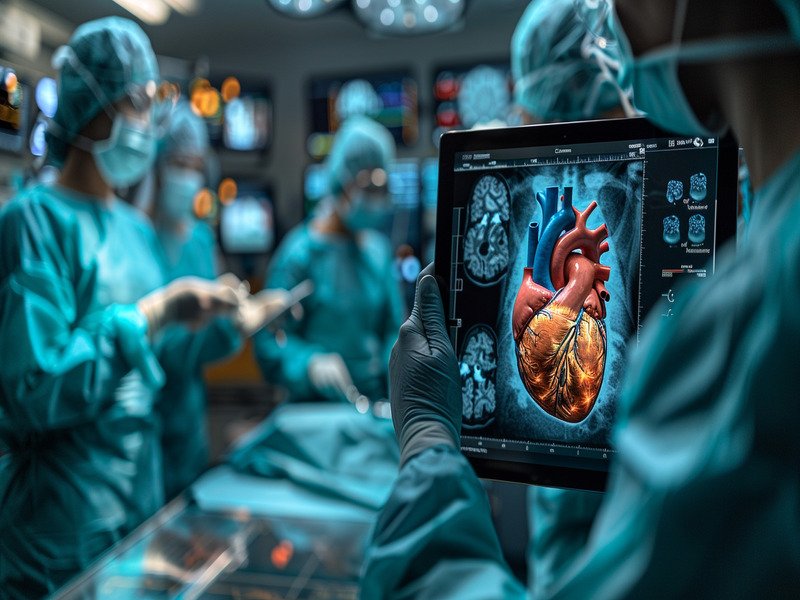
Heart valve disease is a serious condition that can significantly affect a person’s quality of life. The heart’s four valves—mitral, aortic, tricuspid, and pulmonary—work like gates, ensuring that blood flows smoothly in the right direction through the heart’s chambers. When one or more of these valves malfunction due to disease, surgery might be necessary to restore normal heart function. Heart valve repair or replacement surgery can help patients live healthier, more active lives. Under the expert care of specialists like Dr. Gautam Naik, the best cardiologist in Delhi/NCR, patients can expect top-tier treatment and personalized care.
Types of Heart Valve Surgery
Heart valve surgery involves either repairing or replacing a damaged valve. The choice depends on the type and severity of the valve disease, as well as the patient’s overall health.
- Heart Valve Repair
In many cases, repairing the existing valve is preferable to replacing it. Surgeons can reshape or tighten the valve to improve its function. Repair is often done for conditions like valve prolapse or regurgitation, where the valve does not close properly, causing blood to leak backward. Repair procedures may include:
- Annuloplasty: Tightening the ring around the valve to reduce leaking.
- Valvuloplasty: Using a balloon to widen a narrowed valve.
- Commissurotomy: Separating fused valve leaflets to enhance blood flow.
- Heart Valve Replacement
If the valve is too damaged to repair, a surgeon may recommend valve replacement. There are two main types of valve replacements:
- Mechanical Valves: Made from durable materials like carbon or metal, these valves are long-lasting but require patients to take blood thinners for life to prevent clots.
- Biological Valves: Sourced from human or animal tissue, these valves do not require lifelong medication but may need to be replaced after 10-20 years.
Symptoms Indicating the Need for Valve Surgery
Heart valve disease may be asymptomatic for some time, but certain signs indicate that it’s time to see a cardiologist. These include:
- Shortness of breath, especially during physical activity
- Chest pain or discomfort
- Fatigue and weakness
- Dizziness or fainting spells
- Swelling in the ankles, feet, or abdomen
- Palpitations or irregular heartbeats
If you or someone you know is experiencing these symptoms, consulting a specialist like Dr. Gautam Naik is crucial for early diagnosis and management.
The Procedure: What to Expect
Heart valve surgery is performed either through open-heart surgery or minimally invasive techniques. The choice of approach depends on the patient’s condition, age, and medical history.
- Open-Heart Surgery: This traditional method involves making a large incision in the chest to access the heart. The patient is placed on a heart-lung machine, which takes over the heart’s function during the procedure. Once the surgery is complete, the heart resumes its normal activity.
- Minimally Invasive Surgery: In this advanced method, surgeons make small incisions between the ribs, using specialized instruments and a camera to repair or replace the valve. This approach leads to quicker recovery, less pain, and minimal scarring.
Dr. Gautam Naik, an expert in both open-heart and minimally invasive techniques, ensures that patients receive the most suitable treatment based on their unique medical needs.
Recovery After Surgery
Recovery from heart valve surgery depends on the individual and the type of procedure performed. Generally, patients spend a few days in the hospital, followed by several weeks of at-home recovery. Dr. Naik provides detailed post-operative instructions to ensure a smooth and quick recovery.
- Medication: Blood thinners may be prescribed, especially for those with mechanical valves.
- Lifestyle Modifications: Patients are advised to adopt heart-healthy habits, including regular exercise, a balanced diet, and avoiding smoking or alcohol.
- Follow-up Care: Regular check-ups with Dr. Naik will ensure the new or repaired valve is functioning optimally and that the patient is progressing well.
Why Choose Dr. Gautam Naik for Heart Valve Surgery?
When it comes to complex procedures like heart valve surgery, expertise and precision are critical. Dr. Gautam Naik, recognized as the best cardiologist in Delhi/NCR, has a proven track record of successful heart valve repairs and replacements. His comprehensive approach to patient care includes:
- Personalized Treatment Plans: Dr. Naik evaluates each patient’s condition individually and tailors the surgery to their specific needs.
- Advanced Techniques: Utilizing the latest surgical methods, Dr. Naik ensures that his patients experience quicker recovery times and fewer complications.
- Compassionate Care: With decades of experience, Dr. Naik understands the emotional and physical stress that comes with heart surgery. He and his team are dedicated to supporting patients throughout their treatment journey.
Conclusion
Heart valve repair or replacement surgery can significantly improve the quality of life for those suffering from heart valve disease. Whether through repair or replacement, patients can return to their daily lives with restored heart function. Under the expert care of Dr. Gautam Naik, the leading cardiologist in Delhi/NCR, patients can expect world-class treatment and a seamless recovery experience. If you or a loved one are experiencing symptoms of heart valve disease, do not hesitate to consult with Dr. Naik for the best possible care.

